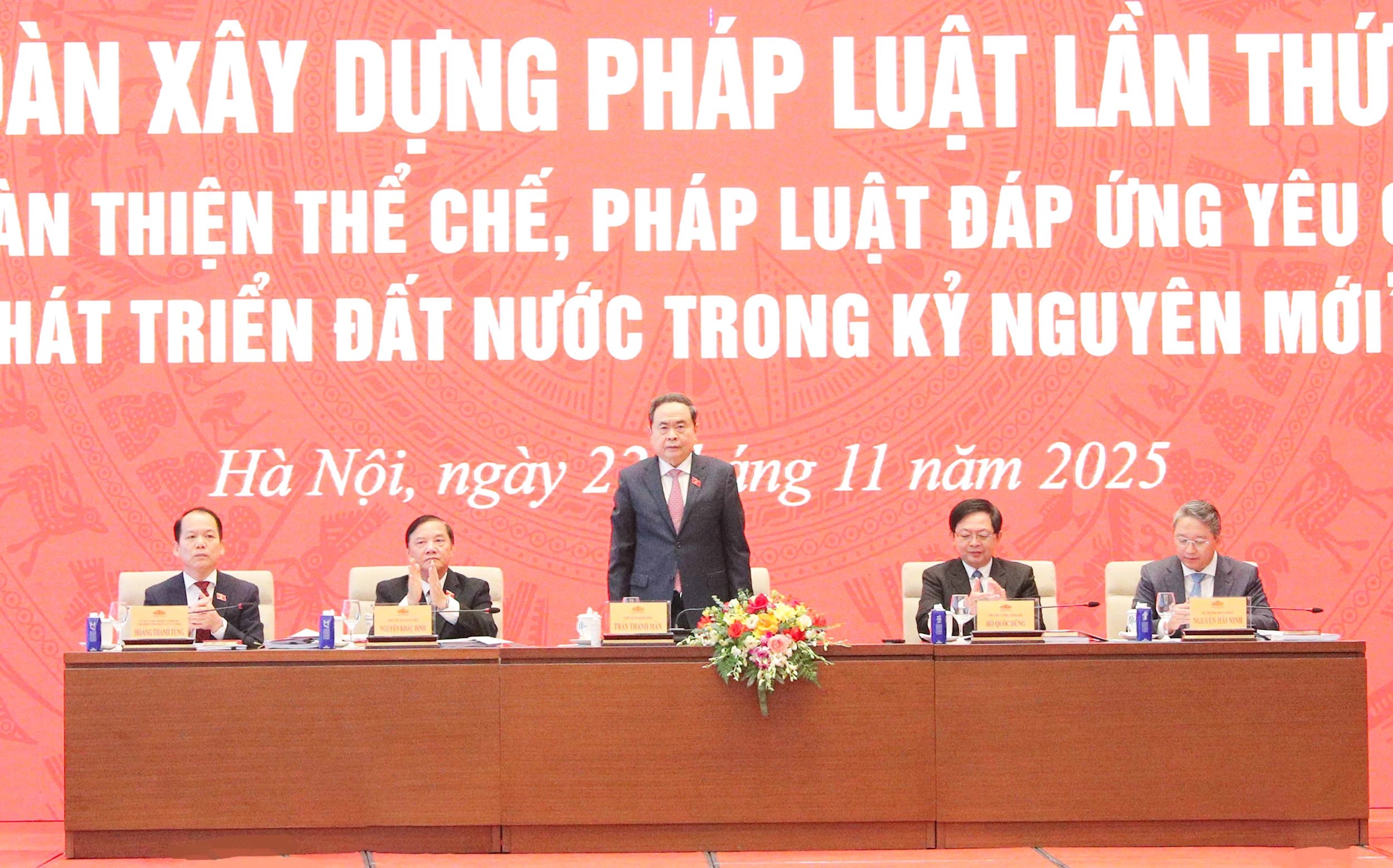
Ensuring the connection of law-making work with law enforcement organizations
The Forum was organized at the initiative of National Assembly Chairman Tran Thanh Man to open up a space for in-depth dialogue between the National Assembly, agencies participating in the legislative process, National Assembly deputies with scientists , experts, and practitioners on issues of continuing to innovate thinking in law-making, improving the quality of legislative activities, legislative focuses of the 16th National Assembly term as well as ensuring the connection between law-making work and law enforcement. National Assembly deputies also assessed that the Forum is an important "piece" in the picture of innovation in thinking in law-making, an important "convergence point", early detection of institutional inadequacies before they become barriers to development.

With a spirit of frankness, responsibility and enthusiasm, at the Forum, many presentations, opinions and discussions showed the profound and thorough research and summary of theories and practices of the National Assembly deputies, representatives of agencies, organizations, research institutes, experts and scientists. The basic opinions highly appreciated the legislative activities of the National Assembly in the 15th term, which had a strong innovation in thinking.
.jpg)
Right from the stage of building the legislative program, Deputy Prime Minister Ho Quoc Dung stated that the National Assembly has presided over the organization of building the legislative orientation of the term to submit to the competent authority for consideration and decision. This orientation has identified major focuses and areas that need priority for research and improvement of laws during the term. Thereby, it creates an important basis for building the annual legislative program on the basis of the legislative orientation of the term and the proposals of the Government and relevant agencies.

In particular, according to Chairman of the Economic and Financial Committee Phan Van Mai, in the joint efforts of the entire political system to realize the set 100-year goals, the legal system has made strong progress, becoming increasingly synchronous, transparent, accessible, and covering quite comprehensively all areas from ownership, investment, business to science, technology and social security. The institutionalization of the Party's policies in the past term has also been carried out quickly and synchronously, contributing to removing many bottlenecks and facilitating development.
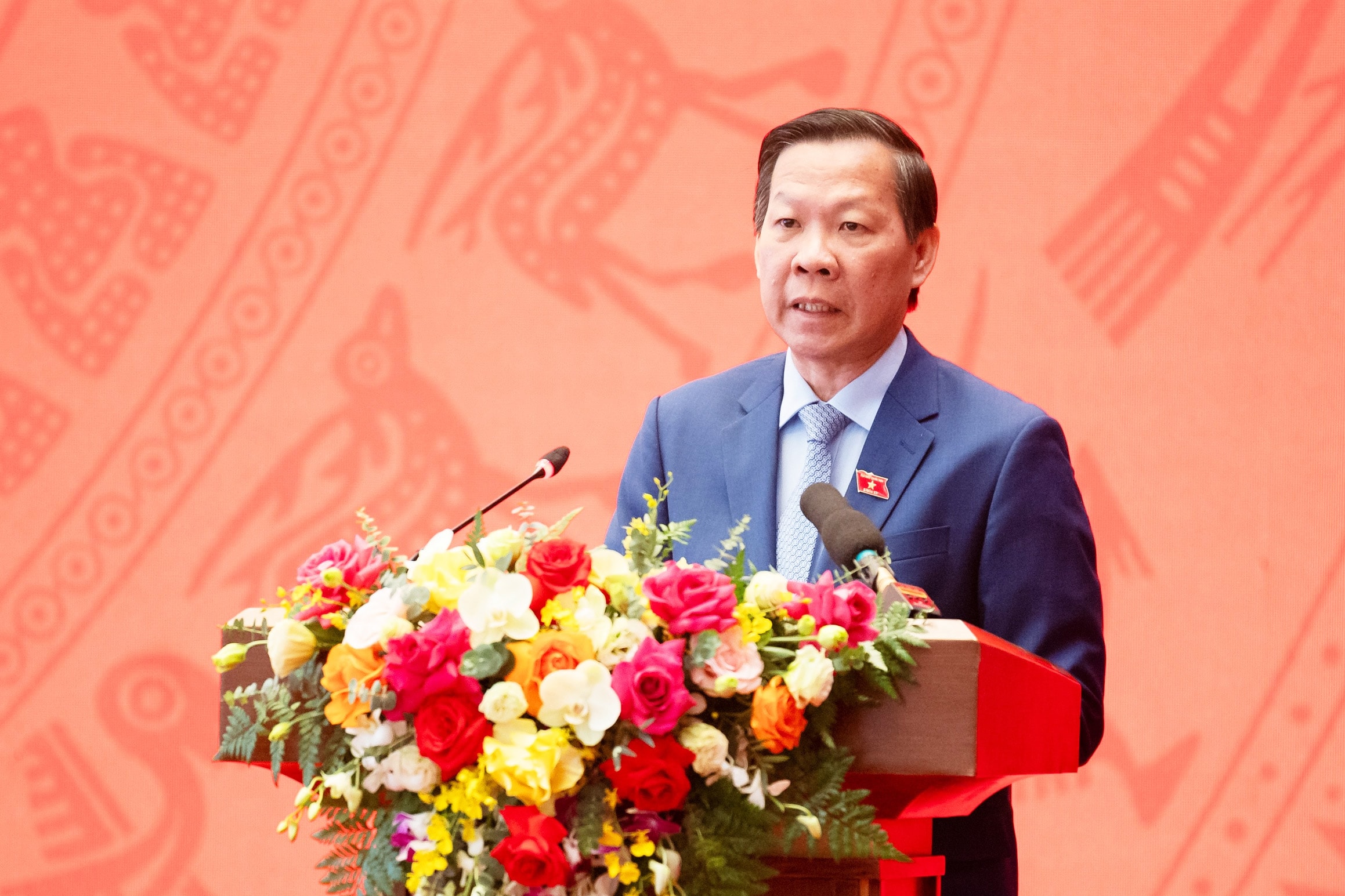
The above results have all been shown through telling numbers. Citing statistics from the Central Steering Committee, Deputy Head of the Central Policy and Strategy Committee Nguyen Duc Hien said that in the first 9 months of 2025, the National Assembly and agencies have completed a huge amount of work with 17 laws promulgated, including laws of special importance such as: Law on Science, Technology and Innovation, Law on Digital Technology Industry, Law on Personal Data Protection... along with 4 resolutions on piloting specific mechanisms.
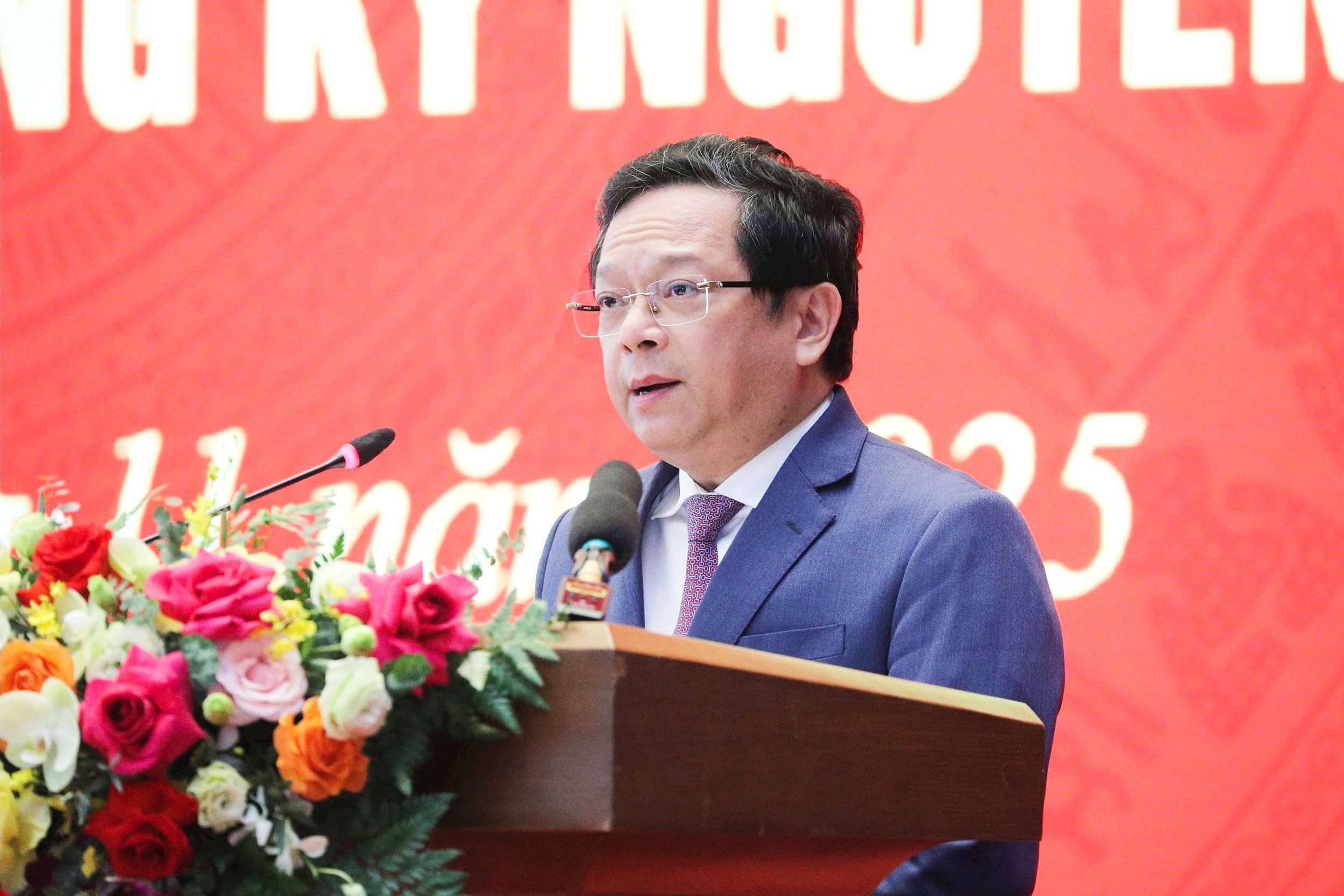
The speed of institutionalizing the Party's policies into legal regulations is also a highlight. "Only 14 days after Resolution No. 68-NQ/TW on private economic development was issued by the Politburo, the National Assembly considered and approved Resolution 198 on breakthrough policies for private economic development," said Ngo Trung Thanh, Vice Chairman of the Committee on Law and Justice.
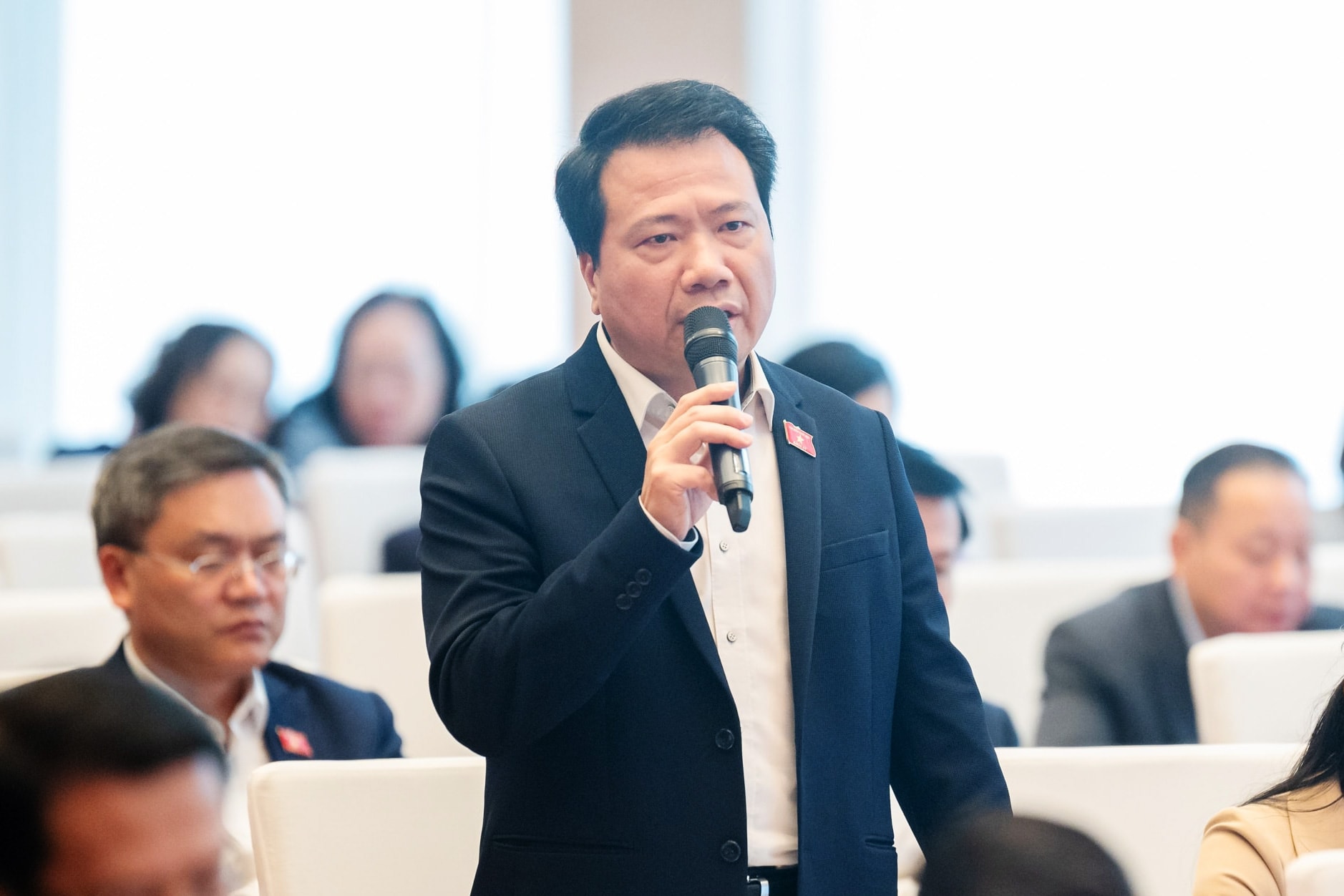
Research on reducing the levels of the legal document system
In addition to the bright spots, opinions at the Forum also frankly pointed out the existing shortcomings and limitations in the work of building and perfecting institutions. Specifically, the law still has a situation where power is not fully controlled, responsibilities are not clearly and transparently defined. Decentralization and delegation of power have not achieved the desired results. The current legal system still lacks stability and predictability; the promulgation and amendment of legal documents still occurs with high frequency...
The Draft Political Report submitted to the 14th National Party Congress sets out the goal of continuing to perfect the legal system in a comprehensive, synchronous, transparent and feasible manner, as a foundation for modern management and governance, promoting innovation, developing new fields, removing difficulties, maximizing potential, strengths and resources, creating momentum for the country's rapid and sustainable development. To realize this goal, Chairman of the Law and Justice Committee Hoang Thanh Tung emphasized that the legislative work of the National Assembly needs to continue to be strongly innovated, improving quality and efficiency to work with the Government, sectors and levels to build and perfect the legal system to truly become the "breakthrough of breakthroughs" and the driving force for national development in the new era.
Deputy Minister of Justice Nguyen Thanh Tu said that it is necessary to build a comprehensive, complete, balanced, harmonious and reasonable legal system structure among fields; promote the formation of new laws to meet the requirements of legal creation and guidance. Thereby, ensuring the synchronization between the Party's thinking of defining the field of institutional development in the Documents of the 14th National Congress and the thinking of defining groups of legal fields in the legal system. Along with that, research should be done to reduce the levels of the system of legal documents, narrowing down the types of documents that a competent agency issues in the direction that each agency and competent person only issues one form of document.
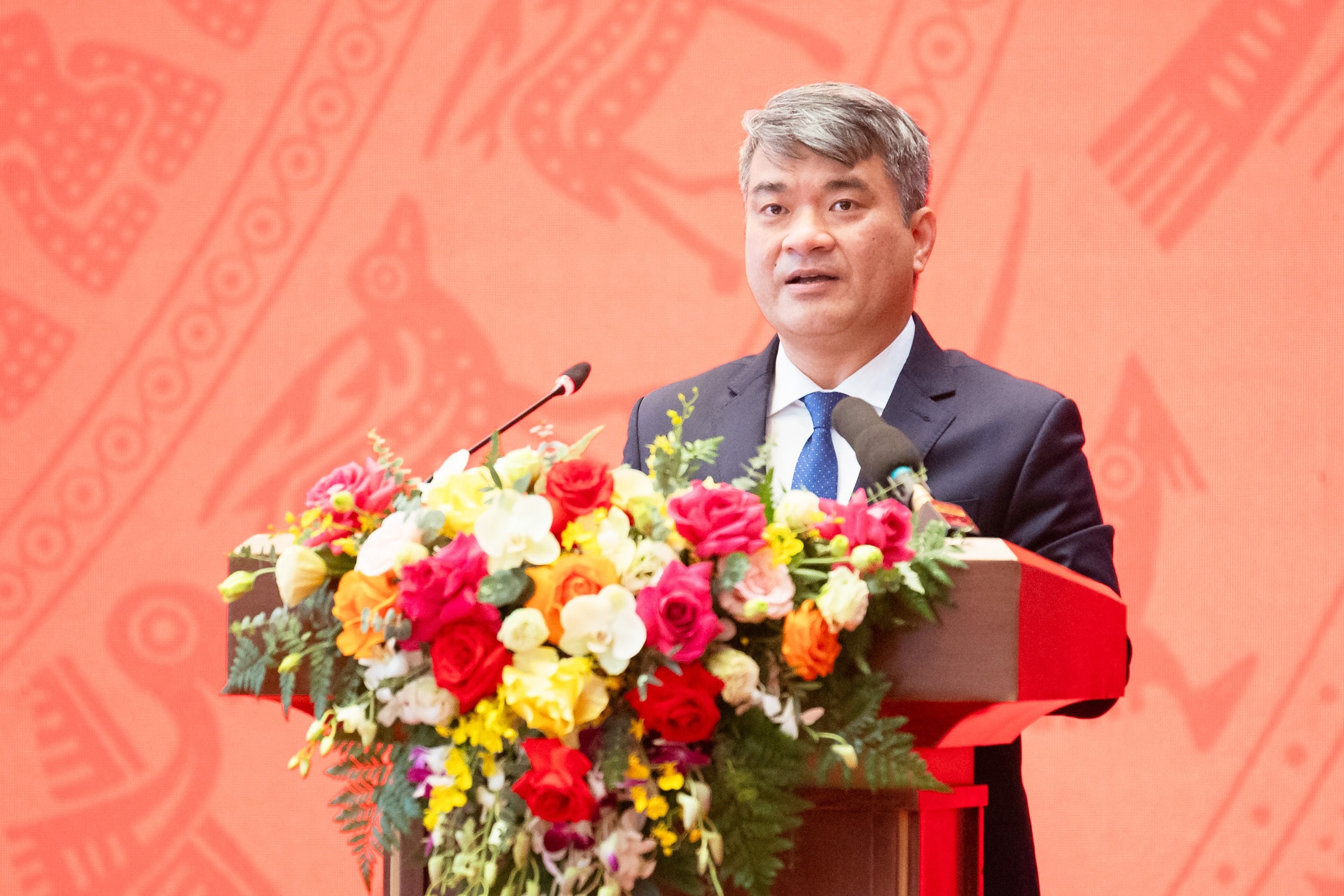
Believing that legislation needs to shift from the mindset of “pre-checking” and “absolute safety” to proactively accepting controlled risks and expanding space for innovation, Chairman of the Law and Justice Committee Hoang Thanh Tung stated that it is necessary to strongly legalize the sandbox mechanism; improve the quality of policy forecasting; build a team of “institutional architects” with comprehensive and cross-disciplinary thinking, capable of grasping global trends and creating new models. The legislative process needs to shorten the time but at the same time, the quality of all stages must be improved, especially the stages of policy development, planning and policy impact assessment; increase transparency, accountability and responsibility in the legislative process; and completely overcome the “backlog of documents” detailing and guiding the implementation of laws.

From a training perspective, the Rector of Hanoi Law University, Associate Professor Dr. To Van Hoa, said that it is necessary to break the "inadequate loop" of the quality of legal human resources. The training of legal staff needs to be carried out continuously and in depth according to the stages of the law-making process. Legal training must be organized regularly for law-making and law-enforcement officials, linked to practice and in-depth according to each stage.

Within a very short time frame, the Forum took place in a quality, exciting, attractive and engaging manner with a lot of rich and useful information and profound, responsible and frank opinions as noted by Vice Chairman of the National Assembly Nguyen Khac Dinh in his closing speech. The contents discussed at the Forum contributed significantly to the work of summarizing the term of the 15th National Assembly, as well as preparing to build legislative orientations for the 16th National Assembly and innovating the law-making work during the 16th National Assembly, associated with innovating the structure of the Vietnamese legal system, meeting the requirements of national development in the new era.
Source: https://daibieunhandan.vn/sang-kien-quan-trong-mo-ra-khong-giant-doi-thoai-chuyen-sau-cua-quoc-hoi-10396710.html








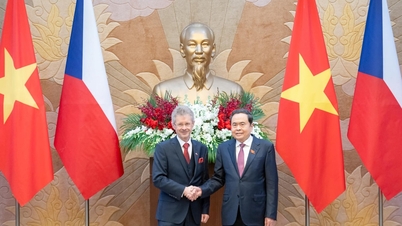
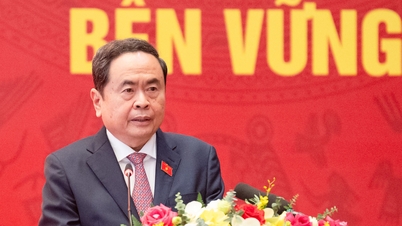

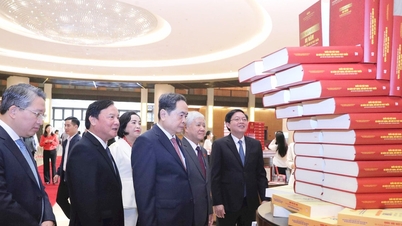

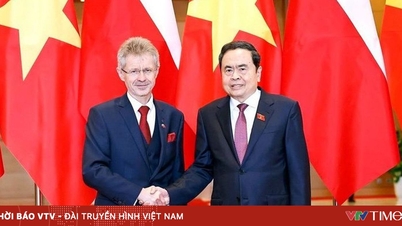

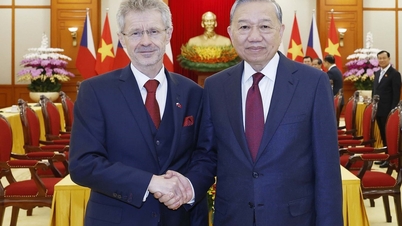

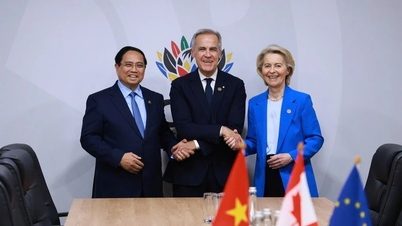

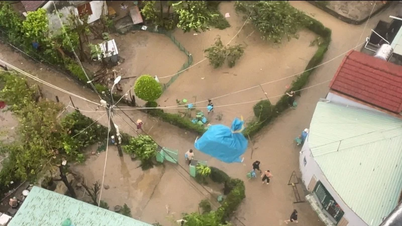
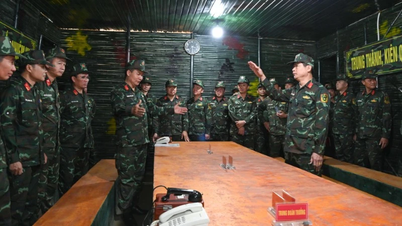
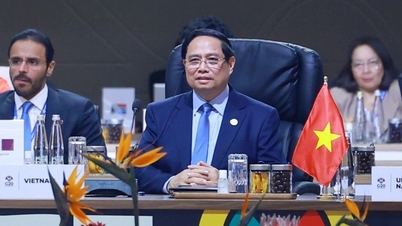

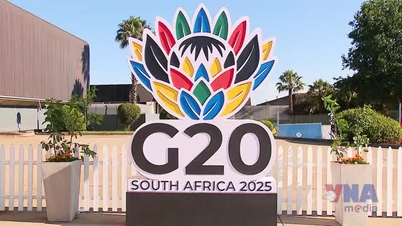

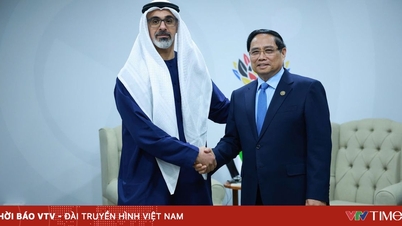




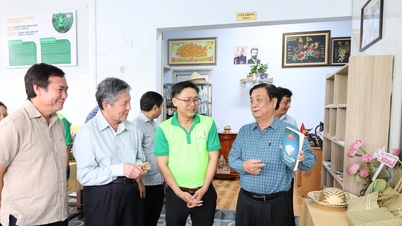
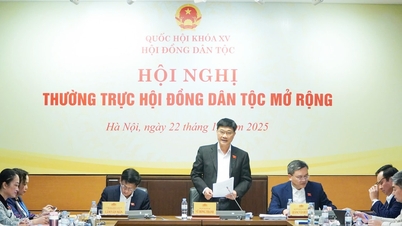
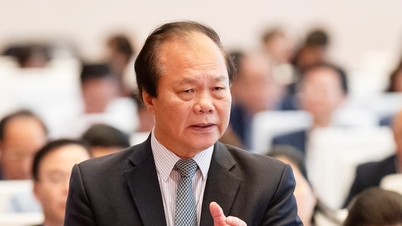
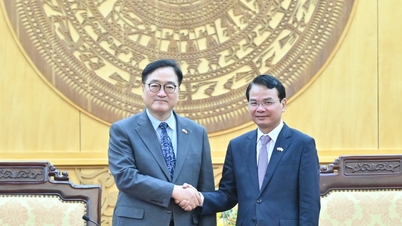
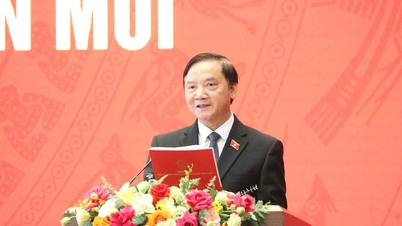
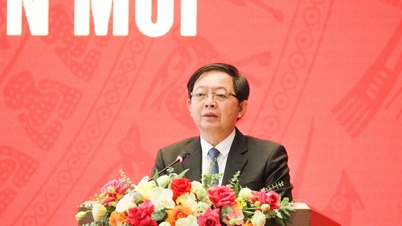



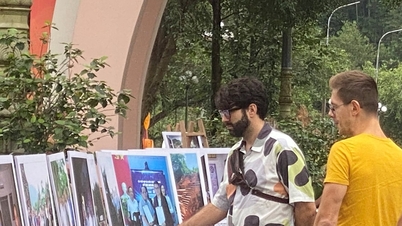



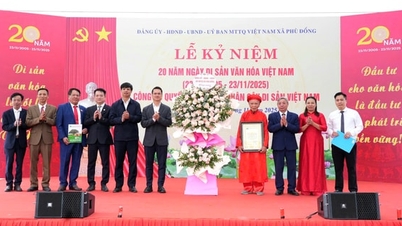






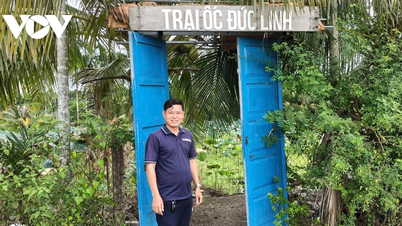























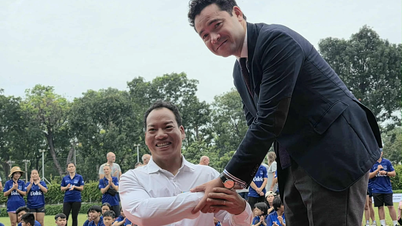



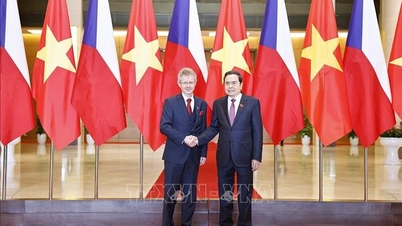


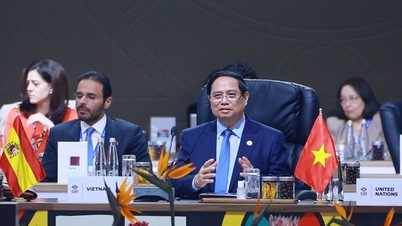





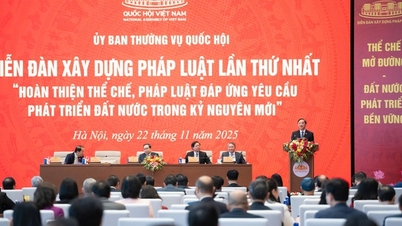

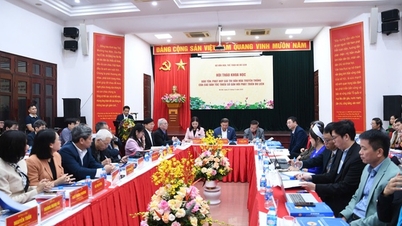
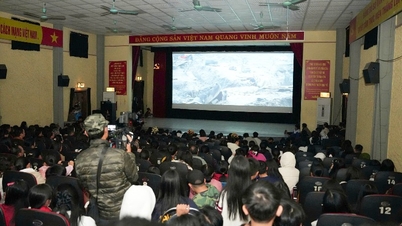

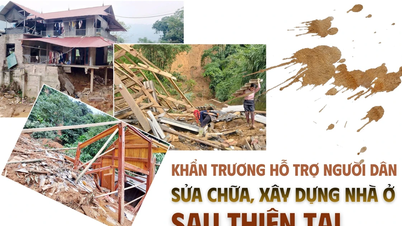

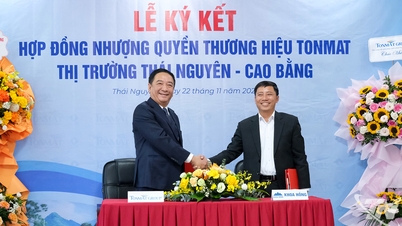















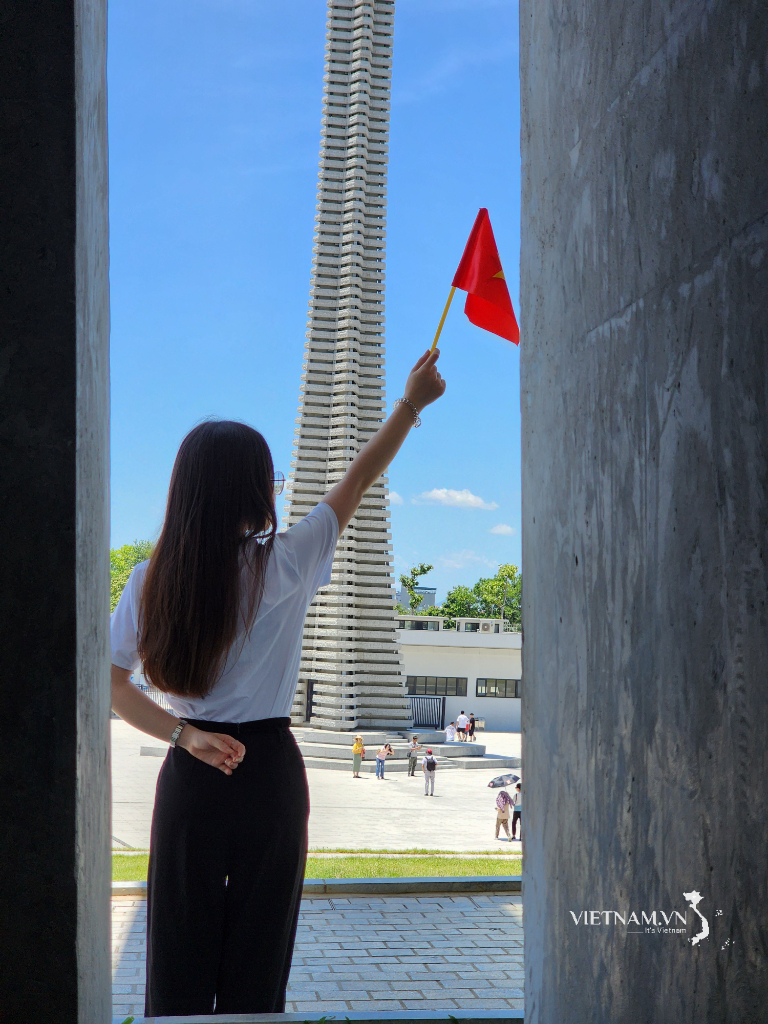

Comment (0)